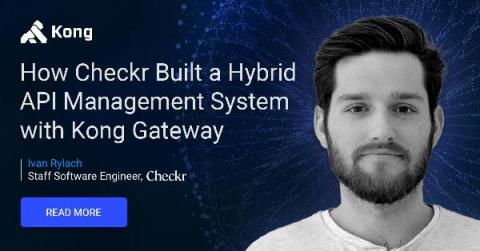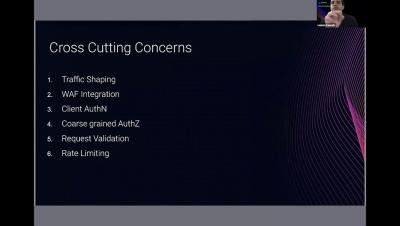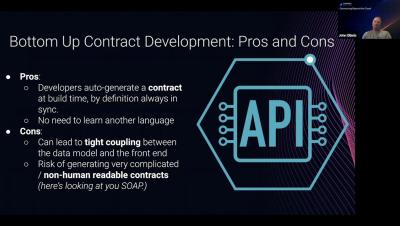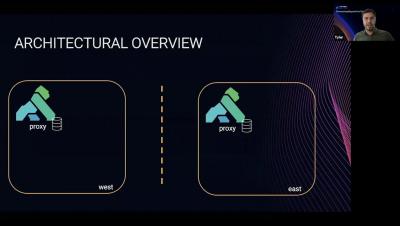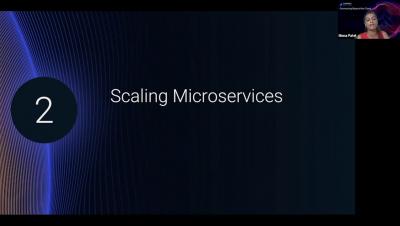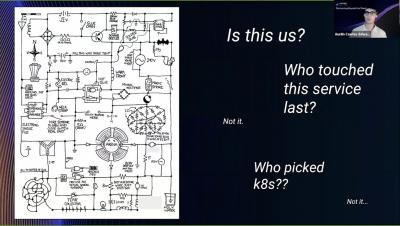The Importance of Zero-Trust Security When Making the Microservices Move
Transitioning to microservices has many advantages for teams building large applications that must accelerate the pace of innovation, deployments and time to market. It also provides them the opportunity to secure their applications and services better than they did with monolithic codebases.



